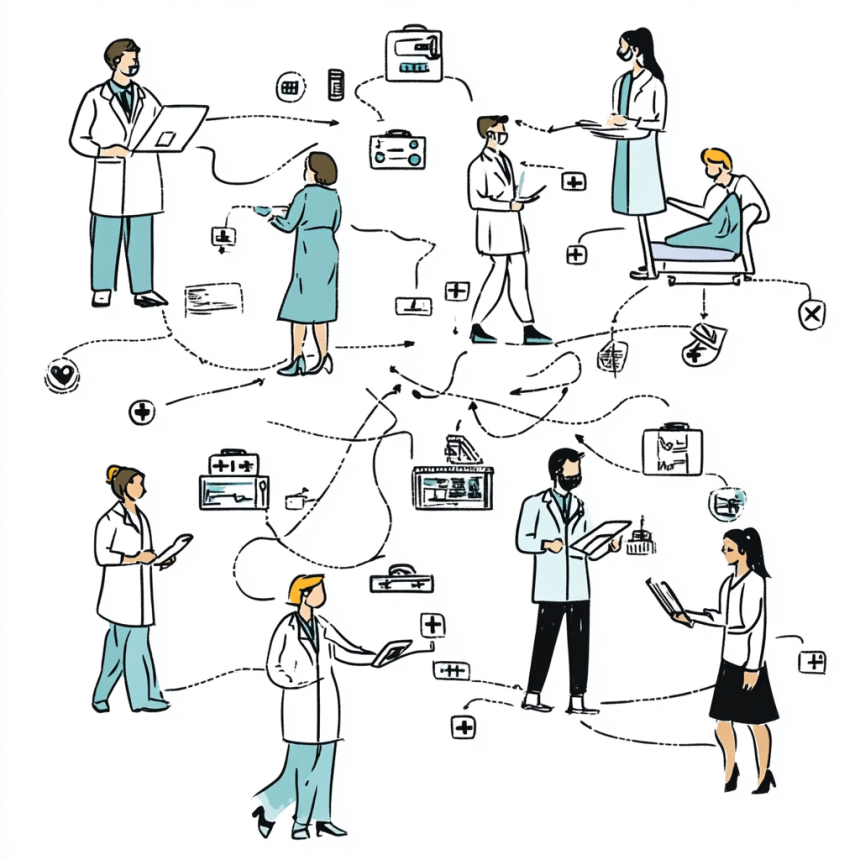As first reported by Mobi Health News, healthcare leaders gathered at the HIMSS AI Forum to discuss how agentic AI—autonomous artificial intelligence that can make decisions and act with minimal human input—is beginning to reshape clinical workflows. During the session titled “The Future of Healthcare with Agentic AI,” panelists highlighted both the transformative potential and the risks of integrating these intelligent agents into healthcare systems.

Source: himssconference.com.
Lyle McMillin, AVP of product management at Hyland, explained that agentic AI is increasingly being embedded across departments, acting not as standalone tools but as part of broader organizational workflows. He noted that a key challenge will be managing unstructured data, which now makes up the majority of information in healthcare systems and is more difficult to operationalize than structured data.

Source: brightcovegallery.com.
Starting small and staying accountable
Panelists stressed that healthcare organizations should not rush into agentic AI adoption. Jason Smith, venture fellow at Matter, advised institutions to first clarify why they want to shift from traditional AI to agentic AI. He recommended starting with tasks that involve minimal workflow variability—such as documentation summarization—to gradually build understanding of large language models (LLMs) and their limitations.
Physicians on the panel voiced caution about using agentic AI in diagnostics. Dr. Jonah Feldman from NYU Langone emphasized that clinicians bear heavy responsibility for patient decisions, and while AI can support, it should never displace that weight. Dr. Lukasz Kowalczyk, who moderated the panel, echoed this concern and raised legal and ethical questions around liability and centralized decision-making in health systems.

Jonah Feldman, MD. Source: nyulangone.org.
Moving forward with transparency and partnerships
Panelists agreed that success with agentic AI depends on strong partnerships between healthcare organizations and AI vendors. McMillin stressed the importance of understanding how these agents make decisions, while Kowalczyk warned against the illusion of readiness in such rapidly evolving technology.
The HIMSS panel revealed a cautious optimism about agentic AI’s future in healthcare. While its potential is undeniable, panelists emphasized a need for transparency, thoughtful integration, and ongoing partnerships to ensure these tools enhance care without compromising safety or accountability.





